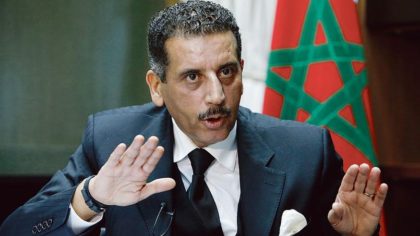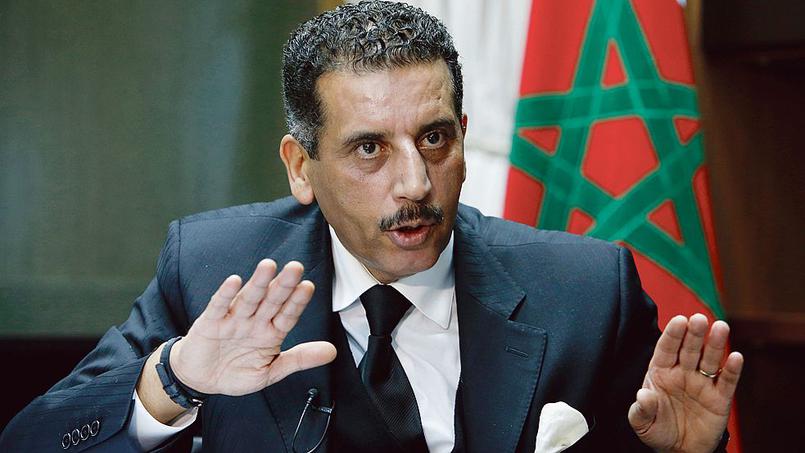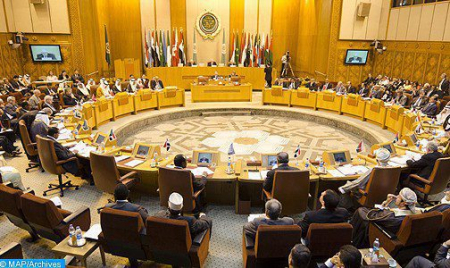 The success of Morocco’s counter terrorism strategy hinges on the comprehensive approach addressing the root causes of terrorism as well as the vigilance and proactiveness of security, Head of Morocco’s Central Bureau of Judicial Investigations (BCIJ) Abdelhak Khiame said.
The success of Morocco’s counter terrorism strategy hinges on the comprehensive approach addressing the root causes of terrorism as well as the vigilance and proactiveness of security, Head of Morocco’s Central Bureau of Judicial Investigations (BCIJ) Abdelhak Khiame said.
Speaking to French weekly, Le Journal du Dimanche, Khiame highlighted the results of Morocco’s anti-terrorism strategy, which has been gradually honed since the terrorist attacks that hit Casablanca in 2003.
Morocco’s security strategy was fostered with the adoption of a law on terrorism, the introduction of biometric identity cards and the creation of specialized police teams as well as mixed police and army units, he added.
Morocco’s strategy to counter terrorists is proactive, Khiame said. “We arrest individuals before they move into action.”
As for those who fight along the ranks of terrorists abroad, Khiame said that these individuals are arrested upon their return to Morocco. “They are interrogated then imprisoned for a period ranging from five to ten years,” he said adding that the BCIJ interventions are made upon instructions from the General Prosecutor.
Khiame pointed out to the comprehensiveness of Morocco’s strategy to address terrorism and extremism by addressing multiple religious, social and economic factors as well as launching economic development initiatives in underprivileged areas.
Thanks to this multidimensional approach, Morocco remains a bulwark against terrorist groups and continues to adapt its strategy to changing circumstances.
At the international level, the Kingdom continues to cooperate with its partners including France, notably in exchanging vital intelligence enabling the localization and busting of several terrorist cells and individuals as was the case with Abaoud, the mastermind of the Paris terrorist attacks on November 13, 2015.



